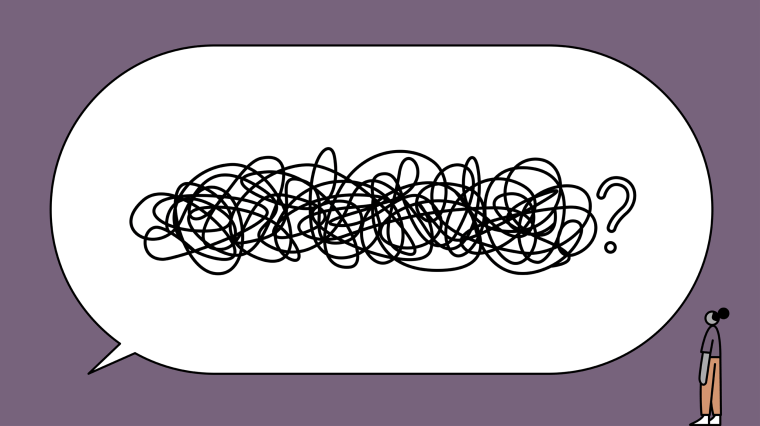How are you? No, really, how are you?
This question is often asked seamlessly as a warm greeting, but may have reached its official expiration date in 2020. In a time where our world faces not only a global pandemic but also deep political tensions, the question is actually quite debatable.
When asked, “How are you?”, answers often follow in generic form, “I’m good.” Then the question ricochets to “and yourself?” This follows a quite similar retort if not the exact same response, “I’m good.” But in a time where our mental health is being challenged daily, the question “How are you?” may be too stale. In a changing world, in a more crucial and sensitive world, our language must also adjust.
For more like this, follow TMRW on Instagram at @tmrwxtoday.
The smiling images on social media do not tell us how people are really doing, small talk does not tell us how people are really feeling, but maybe shifting our approach in conversations can make the difference for more substantial dialogue.
In a 2015 TED Talk by then college student Kalina Silverman, she shared why we need to get rid of small talk in order to have bigger conversations. She spoke with a handful of strangers and asked them deep questions, like, “What do you want to do before you die?” and “What would you do if you found out you were going to die tomorrow?” Those are heavy questions to ask, especially in our current time, but spark a broader conversation as to why we should ask big questions.
The dichotomy of the question brings forth key contextual factors to consider, such as who is asking. Some ask “How are you?” as another form of hello, while others ask in a true desire to know the state of someone else’s well-being. In an article for Psychology Today, Dr. Shoba Sreenivasan and Dr. Linda Weinberger outline the problem with the question from a psychological standpoint, suggesting that there are a number of factors to consider when this question is being asked:
- How well do you know the person?
- Are you simply passing each other by and it is a brief acknowledgement of them?
- Does the individual look ill or have a history of being ill?
- Do you know that there has been something troubling this person?
- Do you give the impression that you truly care how this person is doing?
I also spoke with my friend and licensed mental health counselor Darrah Ferguson to dig deeper on how we can break down the walls for more meaningful heart-to-hearts. Ferguson believes “we should eliminate” the question altogether. And if people don’t truly want to listen to how one is doing, then don’t ask the question at all. Here's what she recommends:
1. We don’t think people have time to listen or care to listen; it's an unspoken truth that needs to be addressed. We all have lives and in the midst of our lives, we choose to make room for the things that matter to us most. So, will we choose to make room to listen to one another? How can we show the other person in the conversation that we're really asking?
2. Start asking more intentional questions. The intention behind the asker can become evident through the question being asked. If we truly care about how others are doing, then ask questions that demand a specific answer, like, “What have you been doing lately?” or, for sensitivity of the times, “How are you holding up?” or “What have you been doing to fill your cup lately?” These questions not only acknowledge that one cares, but also shows consideration of the challenging time our nation is enduring.
3. Ask people if they have the space to listen to you and, if so, hold those spaces. This begins with a sense of awareness and mindfulness for other people’s feelings and what they may be going through. With so much happening in our world today, we should not assume that everyone is OK or has the capacity to receive your problems while we are all trying to live through the weight of our current world. If we are able to hold spaces, then scheduling time in the day to check in with loved ones and friends is a start. The longer we spend time with someone, we can become more comfortable with opening up to them.
As the debate around the use of "How are you?" continues, maybe we should start by asking ourselves the same question to better empathize with those around us.
